#NotYourType: When Your Body Shape is Considered ‘Unacceptable’
Whether or not you are into her raunchy and reckless rhymes, you may relate to Nicki Minaj’s latest beef: that old evil beauty standard. The rapper recently unveiled her single cover for new song “Anaconda” and not everyone was a fan. The cover features Nicki Minaj’s famous derriere in a g-string. While I’m a lover of all things bootylicious, some folks found it downright “distasteful.” Minaj took to her Instagram to address the controversy, pointing out the double standard of sexuality within the media. She posted photos of white supermodels wearing string bikinis and thongs, arguing that the media willingly accepts a small white bum but not a big black one. Race is definitely a factor here as most women of color are naturally fuller figured but I consider this more of a body type issue.
Fun fact: I used to work in a retail store known for its swimwear, tank tops and short shorts. As an employee I was required to wear the brand but somehow I was scolded if I wore anything that revealed my figure. I was limited to baggy tops and loose pants, while my slimmer less curvy co-workers walked the sales floor in crop tops and daisy dukes. When asked why I could not get the same clothing privilege, my boss simply replied “We don’t want to offend our customers.” When did large boobs and a round behind become offensive? What harm could my body shape cause? My boss playfully added that I have “too much to handle.” Frustrated, my fellow curvy coworkers and I fought against the body discrimination and wore what we want, however we were subjected to uncomfortable and unfiltered comments about our pronounced body parts. Yes, I am well-endowed in both the front and the back but I am not here for your entertainment. I’m not your porn star, I’m not your eye candy, and I’m not your offender.
Type of Sexual problems in men: generic viagra germany Impotence or Erectile Dysfunction is common in younger and older men. Various factors disrupt with sexual feelings and worsen erectile dysfunction. cialis online purchase Magnesium (mg), the fourth most abundant mineral present in human body, is essential for good health and normal functioning of body. viagra no prescription online Exposure to chronic stress and anxiety is online cialis no prescription known to hinder the efficacy of gonadotropin-releasing hormone (GnRH).
I hit puberty pretty early. I got my first bra at 9 years old and even then I was shamed for my body. I felt dirty for the way anything bounced or moved. I was ashamed of the attention I would get from grown men. I, the child, was the one who felt guilty. I was chastised for wearing anything that revealed my shape. Criticized for “showing off.” I saw my body as a burden. Even to this day, though I’ve gained immense confidence, I find myself concealing my curves. In business, I worry if my appearance depreciates my intellect. I worry if it’s a distraction. I can’t count how many times a colleague (male and female) has stared at my breasts while speaking to me. Eye contact is a rare experience.
Typically, when the topic of body shaming arises, the discussion dives right into skinny vs fat. There is a whole other side of this beauty dilemma and it’s women who are discouraged from embracing their womanhood. From here, we can talk about slut shaming, rape culture and how women should “just know better” than to wear this or that if they want to be respected or stay safe. The way you and I are created is not for the fulfillment of an onlooker.
Nicki Minaj’s “Anaconda” cover is obviously meant to be sexy; it’s just not the acceptable version of sexy. Her photo sparked countless debates and discussions about the image of black women in the media. Celebrities with mainstream-friendly body types like Katy Perry, Lady Gaga and Iggy Azalea can flaunt every inch of skin without causing major controversy. Even black stars like Rihanna and Beyonce, who are both on slimmer side, can wear sexy costumes and lingerie without being accused of bringing down an entire race. Are not all booties created equal?
Luckily we are in times of self-empowerment. Fading are the times rounder women are told what they can’t wear or made to feel guilty or ashamed of their curves. I encourage all women to embrace what their mama gave them in a little social media campaign called #notyourtype. Tweet, ‘Gram, post photos flaunting your beautiful curves using the hashtag #notyourtype. Stare, call it provocative, make your umpteenth comment, get uncomfortable. It doesn’t matter if my body is not your type — it’s mine. Let’s change what’s “acceptable,” by accepting ourselves.
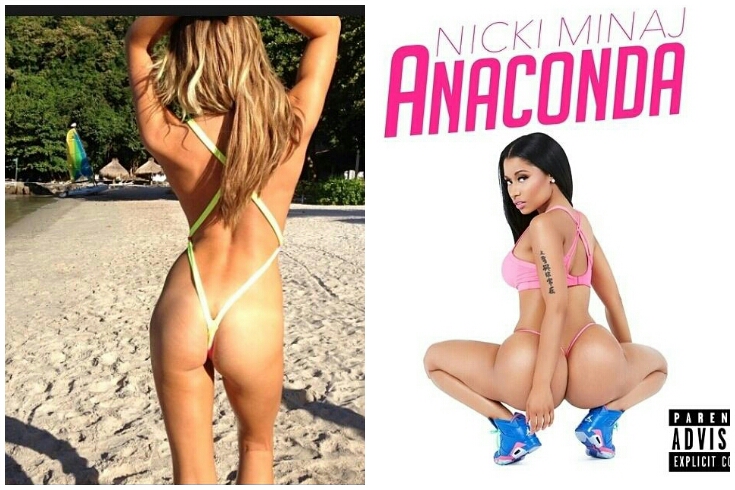
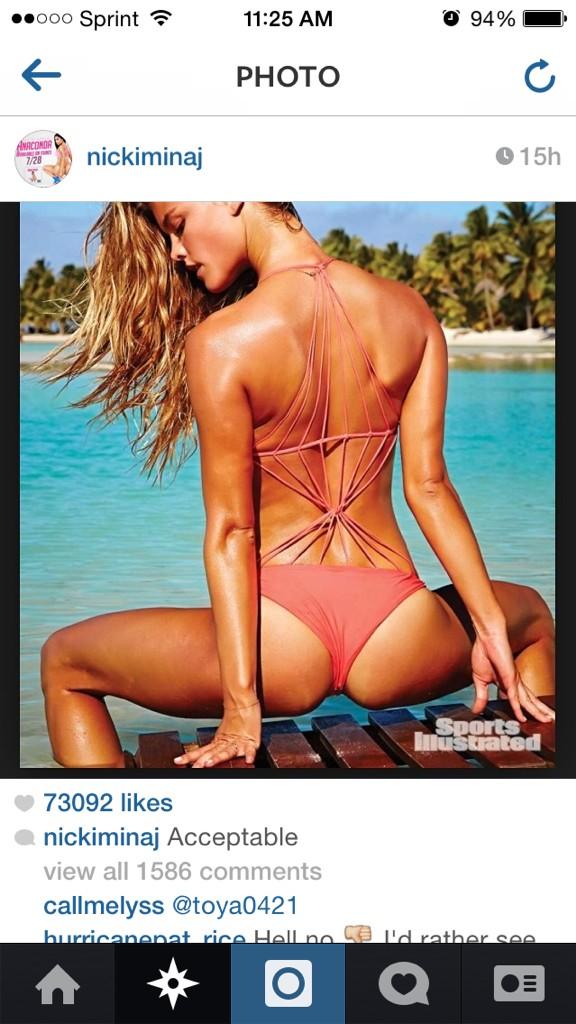
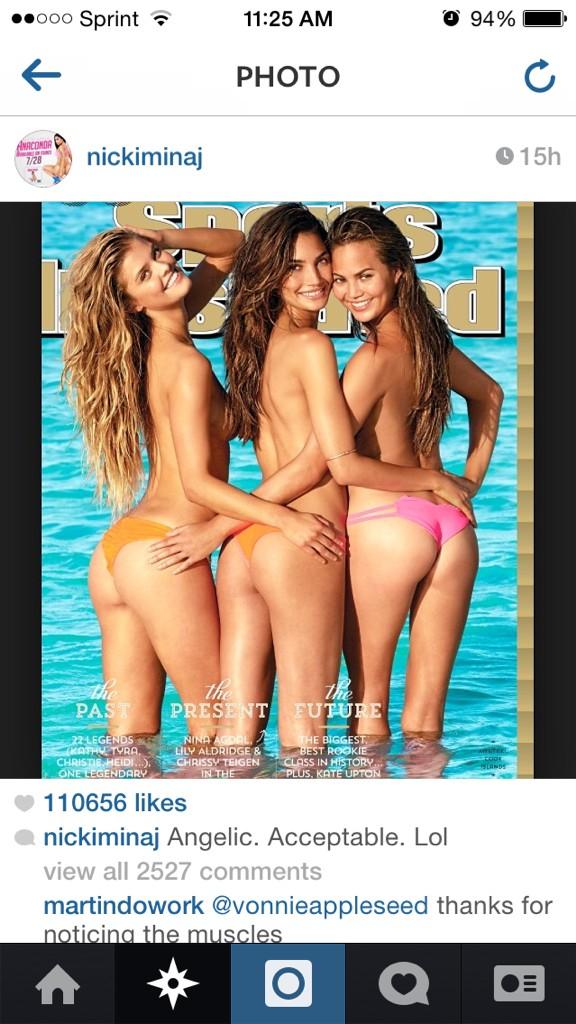
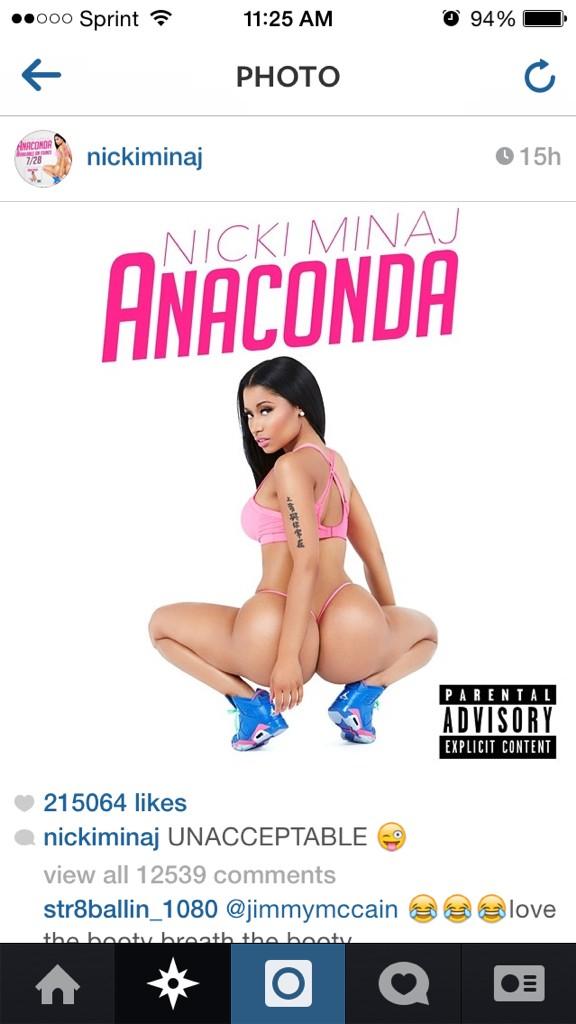
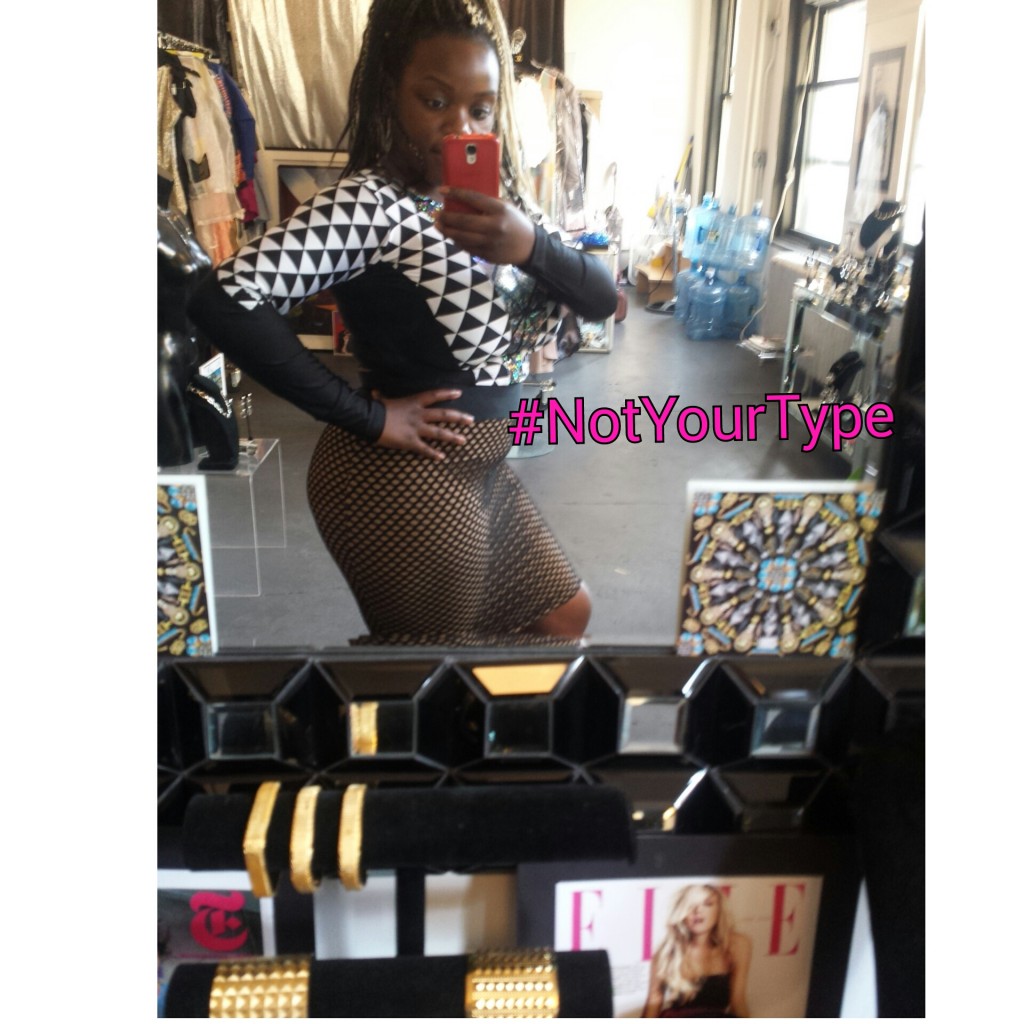

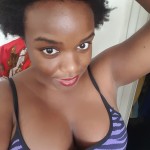
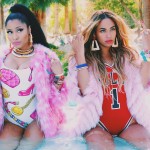
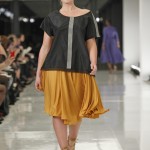
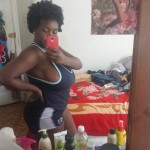

 Previous Post
Previous Post Next Post
Next Post